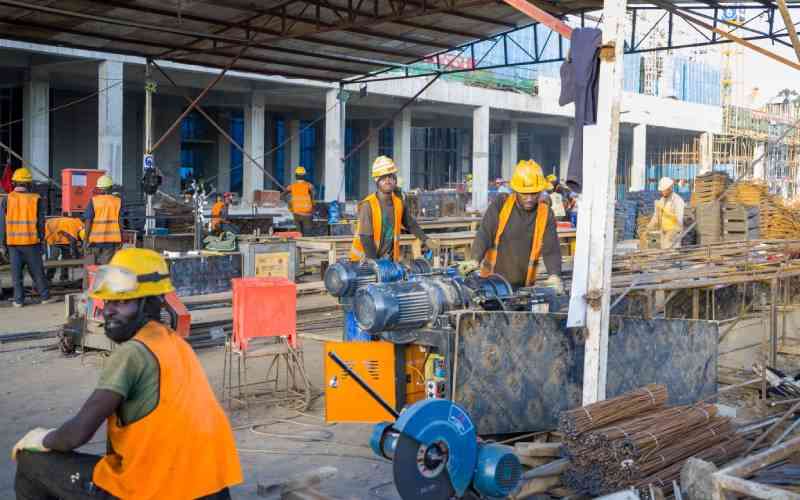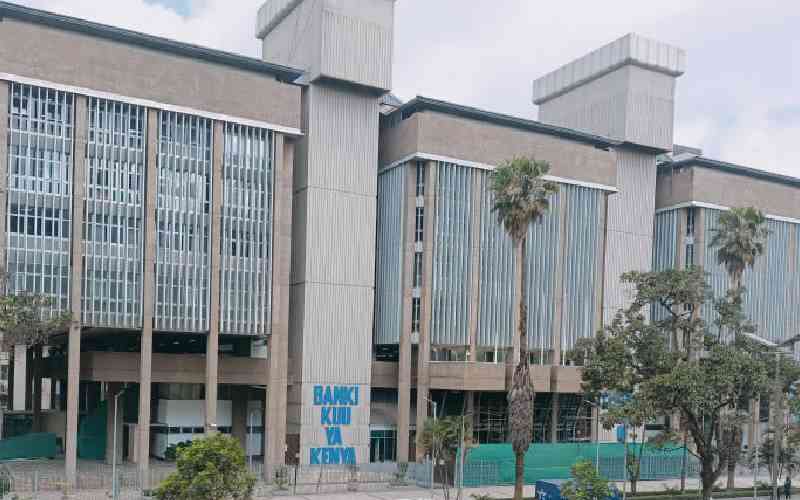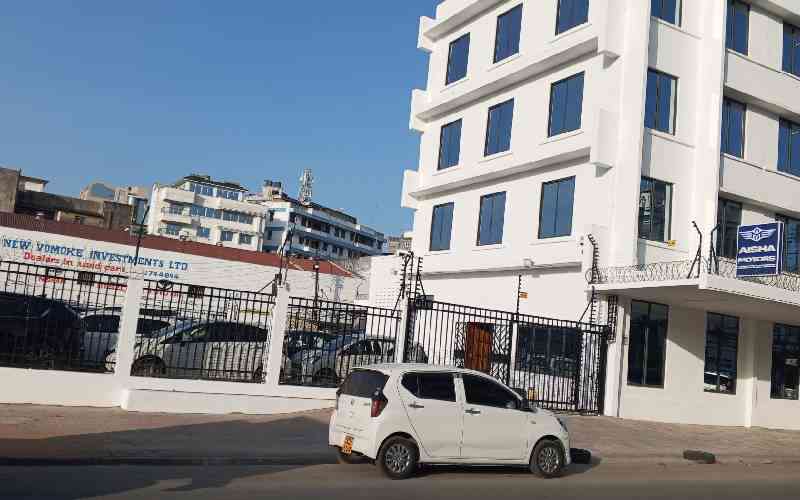×
The Standard e-Paper
Fearless, Trusted News
By JACKSON OKOTH
KISUMU, KENYA: A stakeholders meeting is scheduled to take place in Kisumu to discuss how to utilise the town’s port facilities and turn it into a logistical hub for the region.







